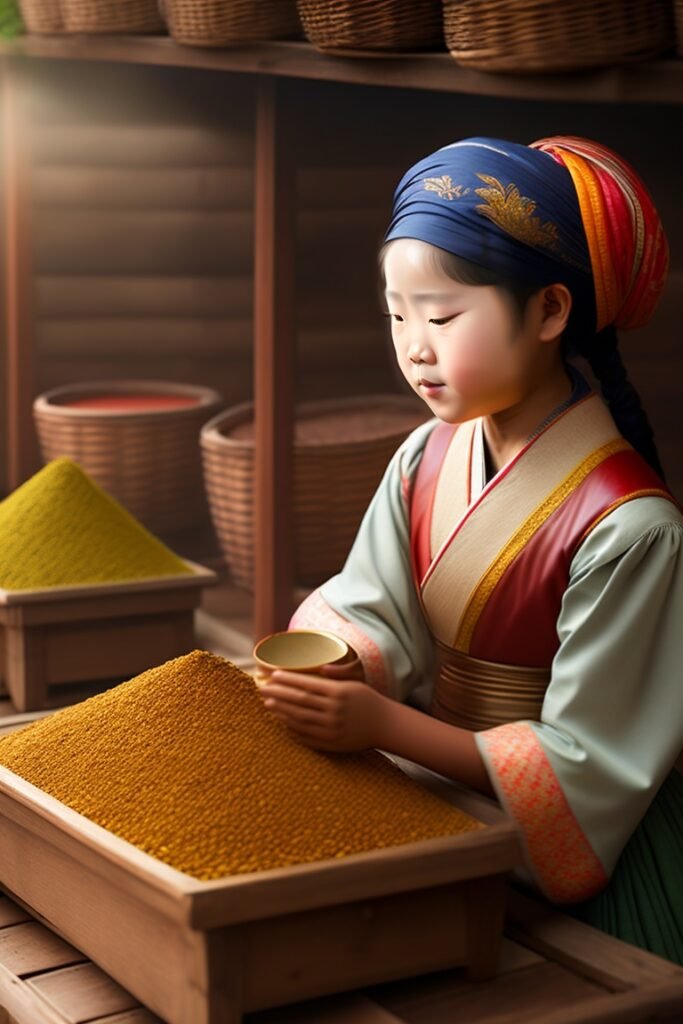In the intricate world of tea, a crucial figure operates behind the scenes – the tea broker. This article delves into the role and significance of tea brokers, providing insights into their responsibilities, impact on the tea industry, and the process of tea trading. Tea Broker: Navigating the World of Tea Trading.

Introduction
Behind every cup of tea enjoyed, a tea broker plays a pivotal role in ensuring the seamless exchange of this beloved beverage across the globe.
Understanding Tea Brokers
Role and Responsibilities
Tea brokers act as intermediaries between tea producers and buyers, facilitating the buying and selling of tea. Their responsibilities include sourcing tea, negotiating prices, and ensuring quality standards.
Importance in the Tea Industry
Tea brokers contribute to price discovery, enabling fair transactions between growers and purchasers. Their expertise ensures that tea reaches the right markets and consumers.
The Tea Trading Process
Connecting Producers and Buyers
Tea brokers bridge the gap between tea estates and wholesale buyers, creating a platform for trade and ensuring that tea reaches markets around the world.
Price Negotiations and Contracts
Brokers negotiate prices based on factors like tea quality, origin, and market demand. Contracts are then established, outlining terms and quantities.
Quality Assurance
Brokers play a critical role in quality control, ensuring that teas meet specific standards and maintaining the reputation of both producers and buyers.
Qualities of a Successful Tea Broker
Extensive Industry Knowledge
A deep understanding of tea varieties, market trends, and global regulations is essential for effective brokerage.
Strong Network and Connections
Successful brokers establish relationships with tea producers, buyers, and other industry players, enhancing their ability to match buyers with the right teas.
Negotiation Skills
Brokers must have excellent negotiation skills to secure favorable deals for both parties involved.
The Evolution of Tea Brokers
Historical Significance
Tea brokers have been present for centuries, evolving with the growth of the tea trade during colonial times.
Modern Adaptations
In today’s digital age, brokers leverage technology to facilitate international transactions, making the process more efficient.
Challenges and Future Trends
Globalization and Technology
While technology streamlines transactions, it also presents challenges like cyber threats and the need for adaptation to digital platforms.
Sustainability and Ethics
Tea brokers are increasingly focused on sustainability and ethical sourcing, responding to consumer demands for responsible business practices.
Conclusion
Tea brokers remain integral to the tea trade, connecting growers and buyers across continents, ensuring quality, and adapting to modern trends.
FAQs
- Can individuals purchase tea directly from tea brokers?
- Tea brokers typically work with wholesale buyers, but some may offer opportunities for retail customers to access their services.
- Do tea brokers specialize in certain types of tea?
- Some brokers specialize in specific types of tea, while others have a broader range of expertise.
- How do brokers ensure the quality of the tea they trade?
- Brokers often collaborate with tea tasters and experts to assess and verify the quality of the teas they trade.
- Are there any certifications or qualifications for becoming a tea broker?
- While there are no strict certifications, extensive knowledge of the tea industry and relevant connections are essential.
- How has technology impacted the role of tea brokers?
- Technology has made communication and transactions more efficient, allowing brokers to reach a wider range of clients and suppliers.
Contact Details:- 9499347308



